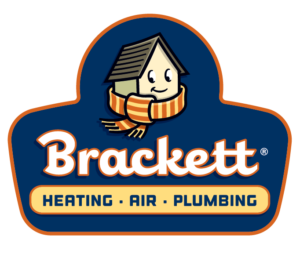Why Spring Is the Perfect Time for an AC Tune Up
Spring tune-ups are perfect for your air conditioning (AC) system because it ensures the unit will run efficiently to fight the summer heat. A comprehensive AC tune-up involves a thorough inspection, cleaning and adjustment of components to ensure everything is ready to function optimally whenever you need it.
During the winter, your AC system has been idle, so dirt and dust may have accumulated and lubricants dried out. A spring AC tune-up allows the technician to check the system’s refrigerant levels, electrical connections and motor bearings to ensure they are in good condition. A professional HVAC technician can also clean or replace the air filters, which is essential to the smooth functioning of the AC system, as it allows air to flow freely and prevents clogging and reduces energy consumption.
Spring is also the perfect time to check your AC’s ductwork. The ductwork is responsible for circulating the cool air throughout your home. If there are leaks or cracks, the cool air may escape, leading to inefficient cooling and higher energy bills. A trained HVAC technician can easily inspect the ductwork for leaks and repair them before the summer heat sets in.
Furthermore, during a spring tune-up is the perfect time to test your AC system’s thermostat. The thermostat controls the temperature settings and ensures that the AC system operates efficiently. A professional technician can calibrate the thermostat to ensure it’s functioning correctly.
Scheduling an AC tune-up in spring can save you money in the long run. A well-maintained AC system is more energy-efficient, which means that it consumes less energy and reduces your energy bills. It also extends the lifespan of the system, reducing the need for costly repairs or premature replacements.
Don’t wait. Contact Brackett Heating, Air & Plumbing to schedule your spring AC tune-up today. You’ll avoid the rush and possible scheduling delays.







